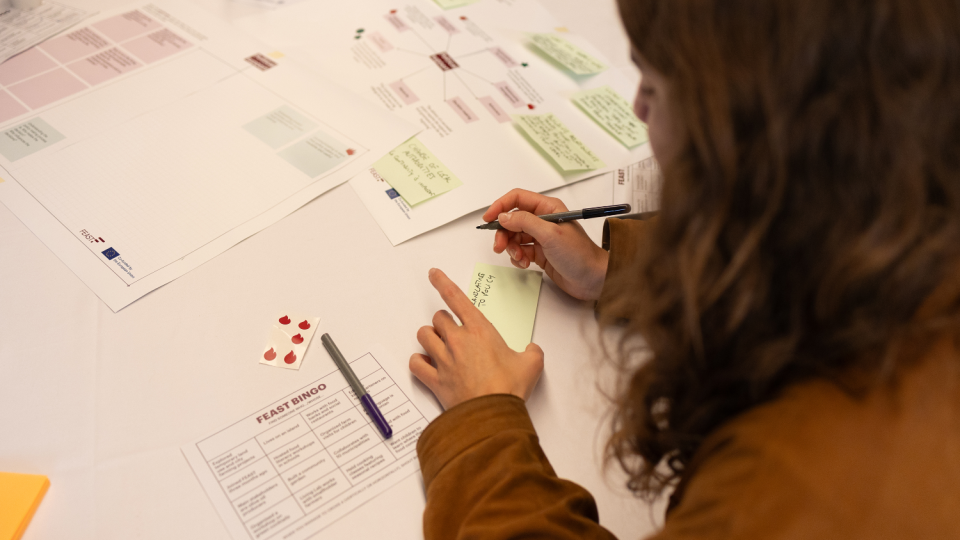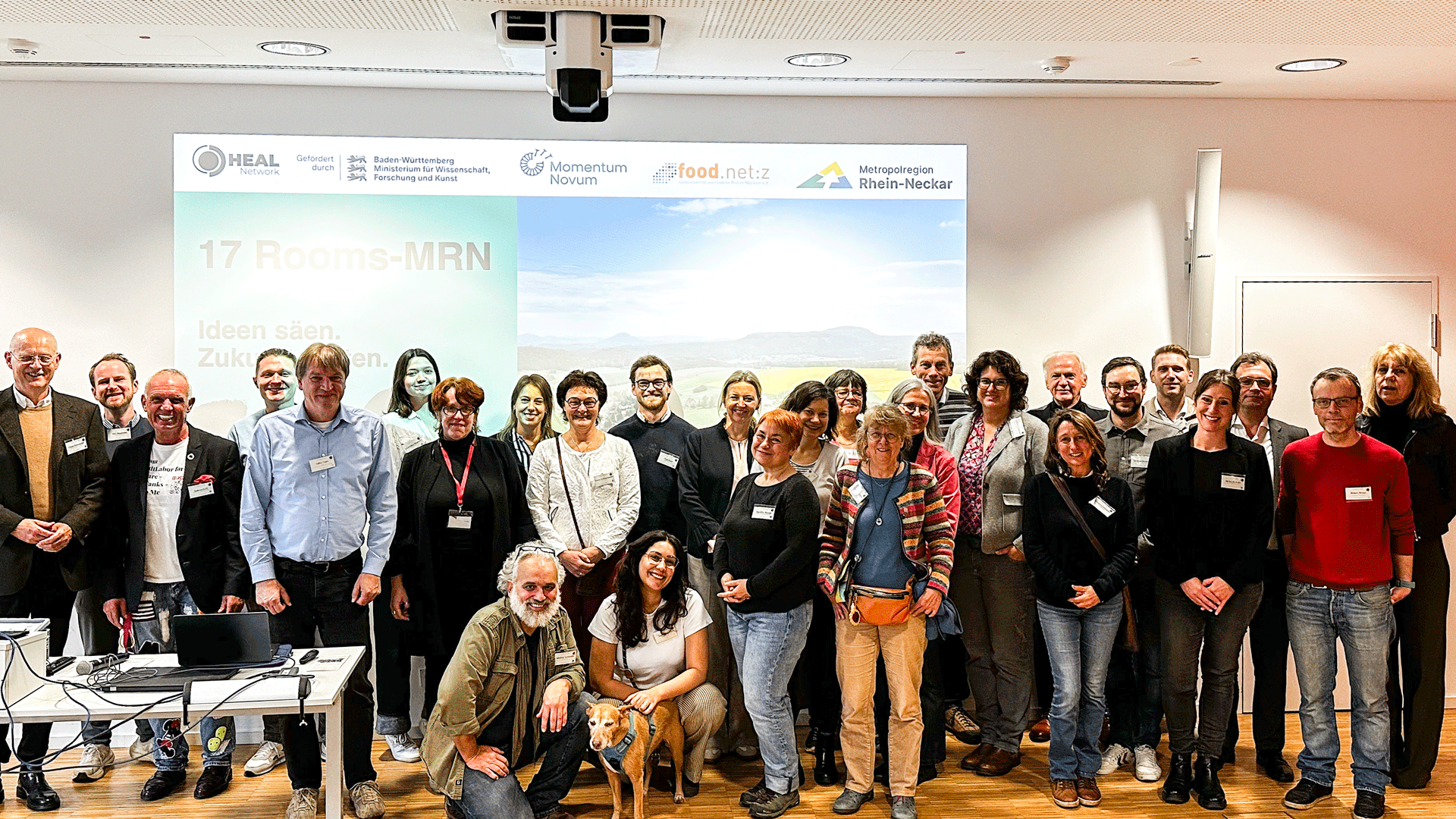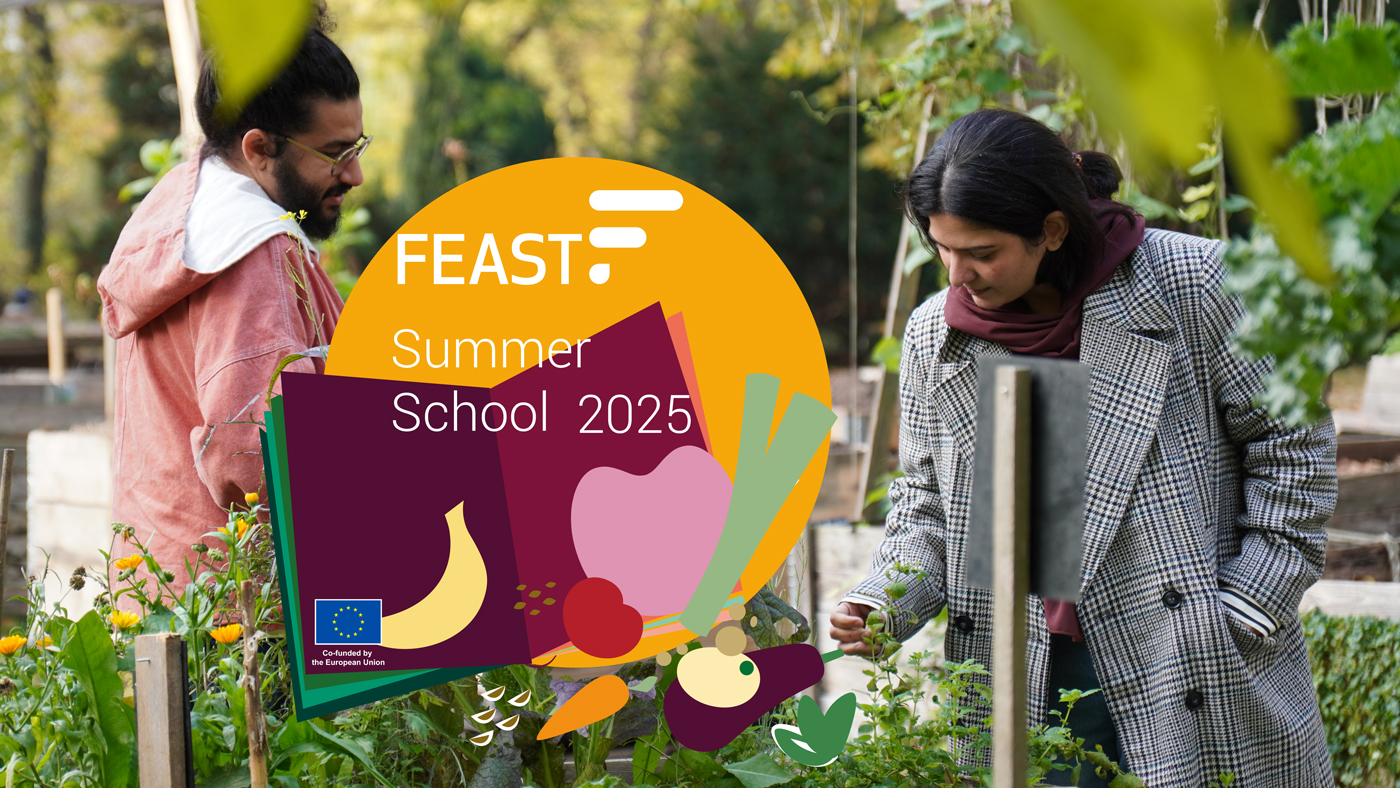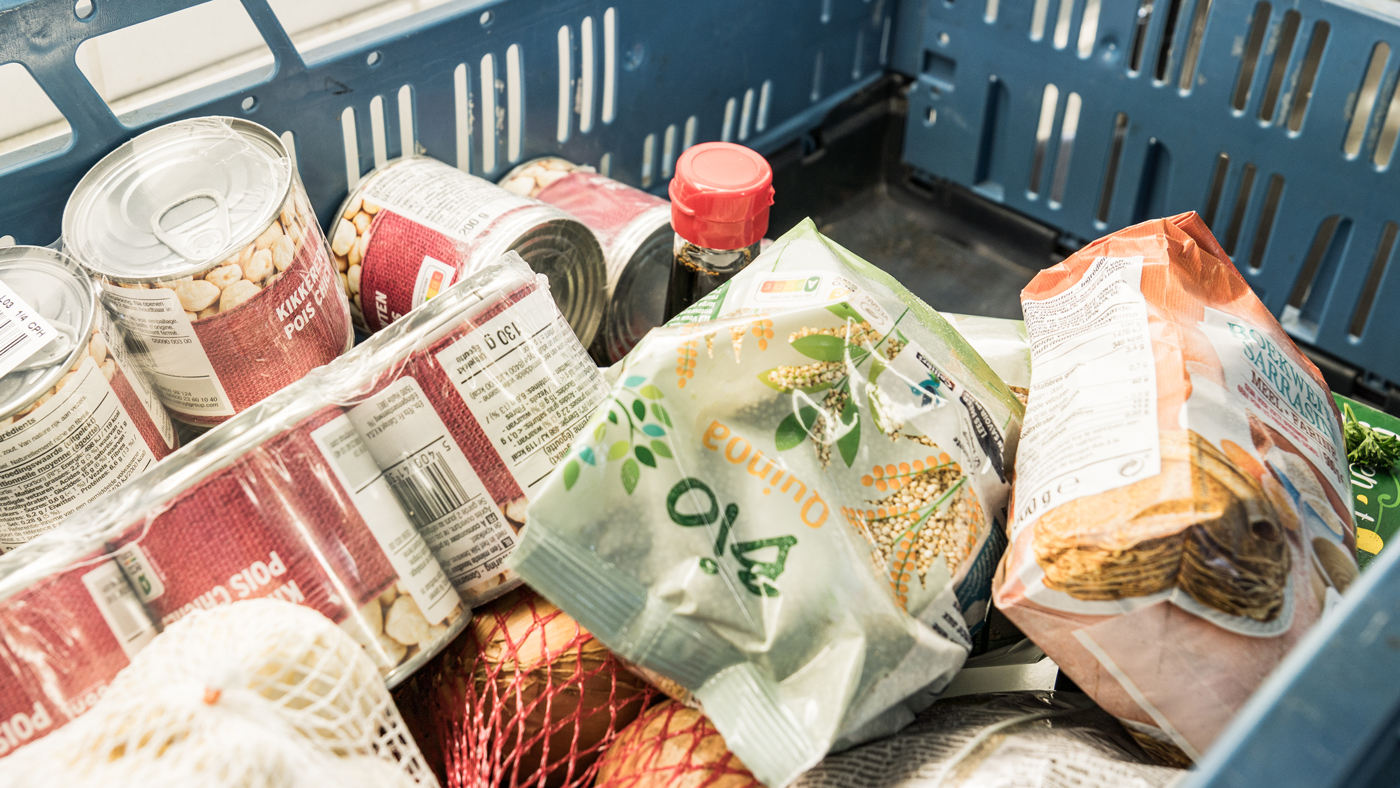
On 8 October, the FEAST consortium was invited by its partner IPVC and the Alto Minho region to explore local good practices in sustainable production and the promotion of healthy diets, emphasizing the importance of the relationship between producers and school canteens.
The visit covered the sub-regions of Lima Valley and Minho Valley and provided a closer look at innovative projects and community initiatives that are transforming the region's food system. These actions aim to support the local economy, promote healthy eating habits, and preserve the region's natural heritage.
Visit to the Lima Valley:
The FEAST group started the day in the Lima Valley sub-region, visiting the Facha Education Centre and the Ponte de Lima EB1 School. Here, they learned about the direct management model of the canteens, where parents' associations buy products directly from local producers, thus promoting quality food and encouraging the consumption of fresh, seasonal produce. The municipality of Ponte de Lima is working to expand this model to all schools, guaranteeing access to free snacks for needy students and promoting sustainable initiatives such as the Green Lung project.
Another highlight of the visit was the presentation of the Agroalimiano Market, which brings together and promotes the work of 25 local producers and offers more than 200 seasonal products. This market plays an essential role in linking school canteens and producers, ensuring the freshness and quality of the food. Dr Lúcia Pereira, who is responsible for the project, emphasized the importance of integrating local producers into the school supply chain.
However, a relevant challenge was highlighted: the limited capacity of small producers to supply products consistently to school canteens, as well as the difficulties generated by public procurement tools, which often make it difficult for small producers to access this type of market.
Education, and Preservation at the School of Agriculture
The consortium also visited the Ponte de Lima School of Agriculture (ESA-IPVC), where the FEAST researchers learned about the work carried out in training professionals in the areas of sustainability. Dr Ana Cristina Rodrigues, deputy director of the ESA, highlighted the importance of education in environmental preservation and sustainable agricultural development for the region, preparing professionals to face the challenges of the sector.
Biodiversity: Innovation in Sustainable Production
The day for this group ended with a presentation by Biodiversus, a company dedicated to the sustainable production of fruit and vegetables. Lia Ferreira, the company's founder, shared her experience and the challenges facing the sector, emphasizing the need to respect the planet while promoting organic production.
Visits to the Minho Valley:
For the group that chose to visit the Minho region, the visit began at the Caminha Fish Market, where councilor Sandra Fernandes presented the work developed in collaboration with local fishermen and producers. The market, supported by European funds, promotes short production chains, linking fishermen directly to consumers, including school canteens.
This was followed by a visit to the Minho River Aquamuseum, where Carlos Antunes discussed conservation efforts for the river's native species and collaboration with Spanish partners. The museum is a vital center for the preservation of the region's natural and cultural heritage.
ADRIMINHO: Promoting Healthy Eating
The afternoon culminated with ADRIMINHO's presentation of the AlimentAÇÃO project, which focuses on promoting healthy and sustainable eating in the region's schools. Carlos Brandão highlighted the impact of initiatives in municipalities such as Caminha, Valença, and Melgaço, addressing the need to combat food waste and promote balanced diets.
Sustainable Horticultural Production in Val de Patas
The day ended in Quinta Val de Patas, where Marco Carvalho presented sustainable agricultural practices. Despite the challenges faced by small-scale producers, ADRIMINHO's work has been fundamental in engaging more and more farmers in short food supply chains.
The visits continued on the second day of work
On the second working day, 9 October, the working groups of the FEAST project met to discuss the site visits to Lima and Minho.
The discussions revealed innovative solutions that paved the way for new possibilities for local implementation, such as strengthening short supply chains for school canteens, highlighting local and seasonal products on menus, and setting up school gardens, which are recognized as being essential for the psychosocial development of students.
In addition, crucial points were highlighted to improve collaboration and the integration of all stakeholders in the decision-making process. One of the main topics was the importance of regional entities expressing their specific needs so that these are taken into account in European legislation, which favors the use of EU funds, particularly to support small-scale producers who struggle to compete with large supply chains.
This dynamic fostered a transformative experience and increased collective commitment to food sustainability, emphasizing the importance of healthier and more inclusive food. The strategies discussed aim to strengthen community resilience and foster collaborative innovation in different regions of Europe.
Opportunities and Challenges in Alto Minho
Visits to Alto Minho revealed the region's enormous potential for promoting healthy and sustainable food, but also significant challenges, such as the limited ability of small-scale producers to deliver products on an ongoing basis and the obstacles created by public procurement instruments.
The FEAST project reaffirms its commitment to addressing these barriers by raising community awareness of the benefits of sustainable food, promoting short supply chains and adding value to local products. The initiatives developed and inspiring solutions discussed during these two days are a model for the future of the European food system.
Download press images >> here
The downloadable materials on this page, such as images and (or) graphics, are free of charge. However, proper attribution to the source must be given.
Source: FEAST Press Corner





